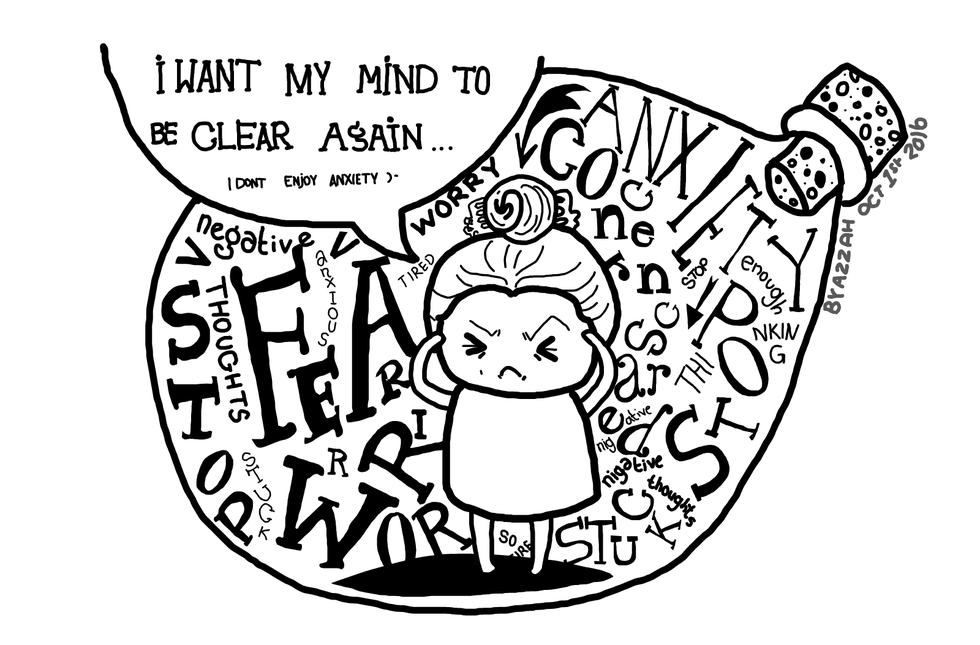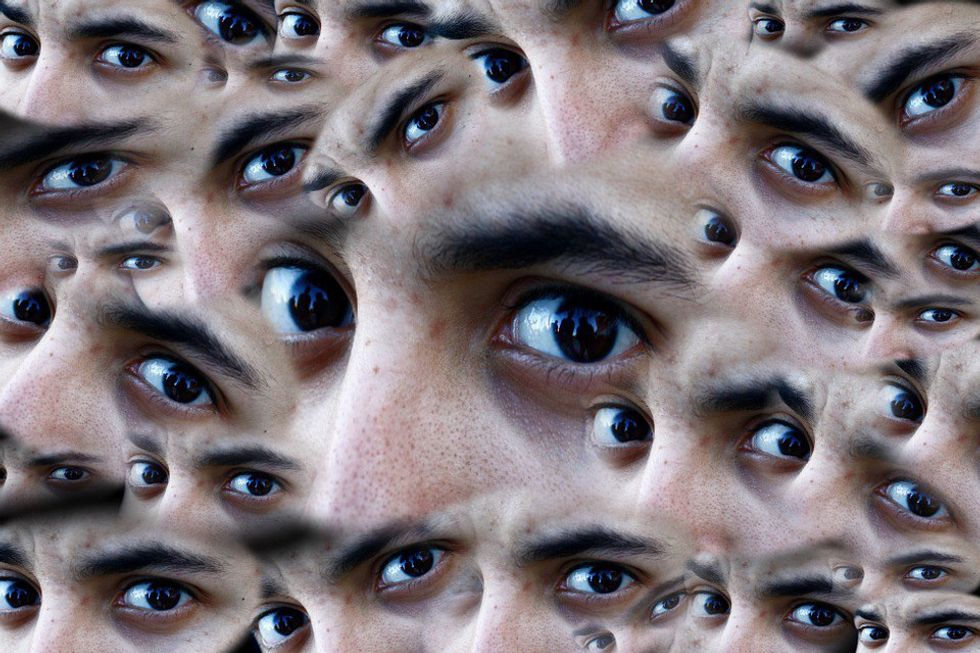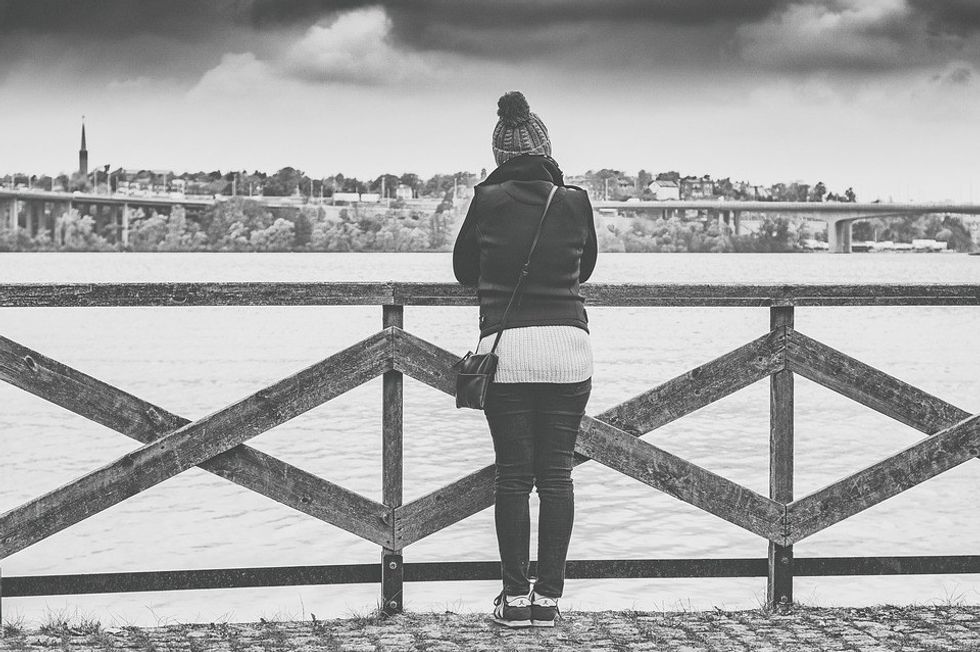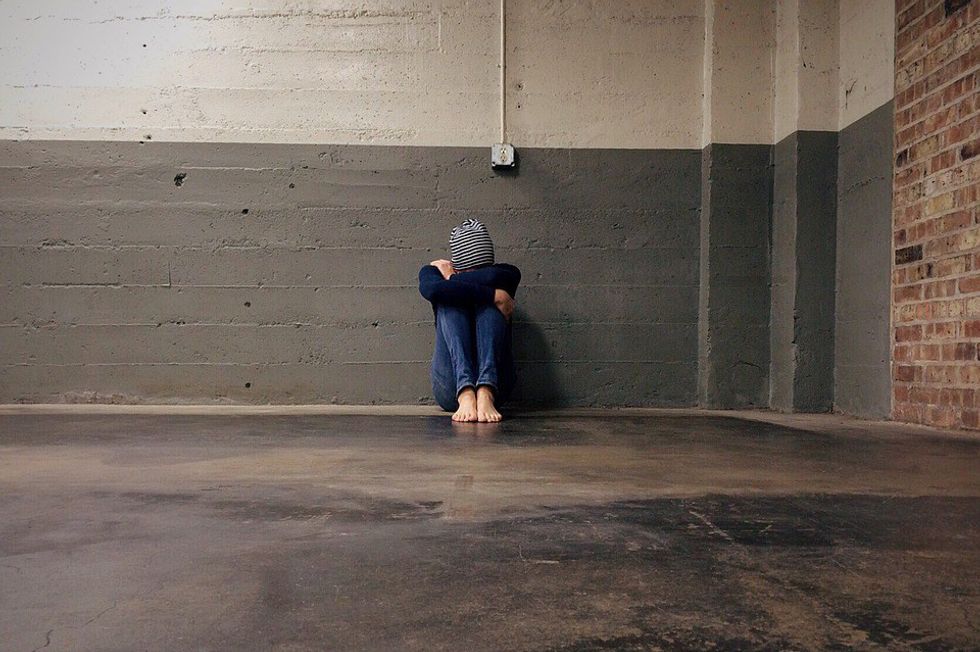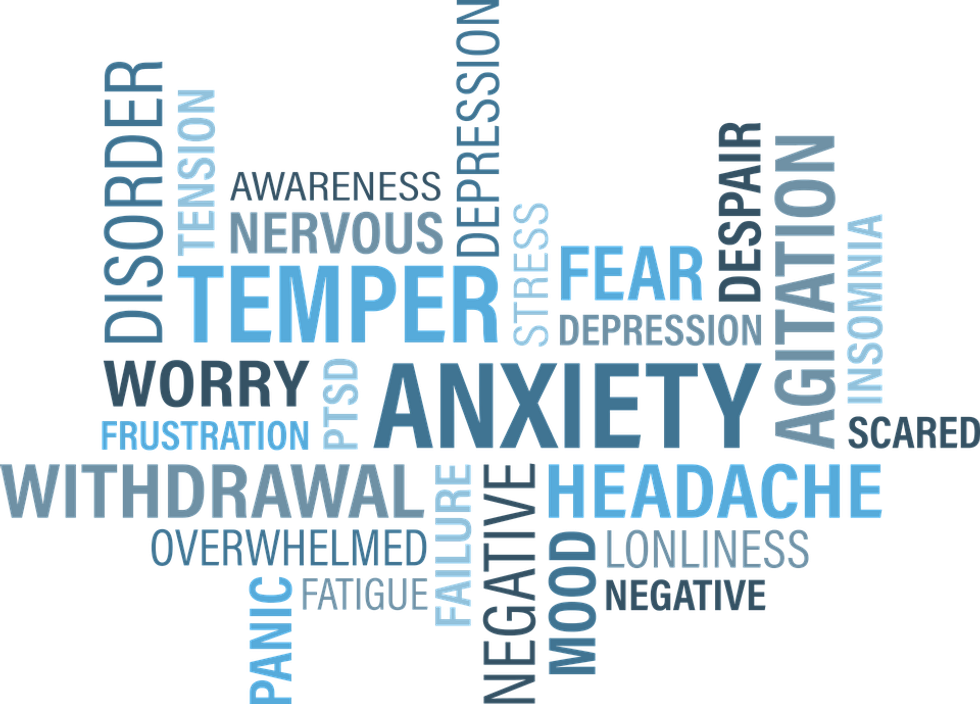It's such an ubiquitous word, but how many people actually know what it is?
As defined on dictionary.com, anxiety is a feeling of worry, nervousness, or unease, typically about an imminent event or something with an uncertain outcome; desire to do something, typically accompanied by unease; or a nervous disorder characterized by a state of excessive uneasiness and apprehension, typically with compulsive behavior or panic attacks.
I am going to talk about the last definition which is for anxiety disorders. According to the NIMH (National Institute of Mental Health, anxiety disorders affect 18.1 percent of adults in the United States (approximately 40 million adults between the ages of 18 to 54).
I believe I have mentioned this in past articles, but I have been diagnosed with Generalized Anxiety Disorder, Panic Disorder, and Trichotillomania; in simpler terms, I have anxiety.
Here are 10 common lies about anxiety and why they are completely wrong.
1. Anxiety comes in only one form.
Believe it or not, anxiety is not just overthinking and over analyzing while the mind is racing. It's not just hyperventilating and rocking back and forth. Sometimes anxiety can be spontaneous episodes or irritability or anger. It can be extreme nit-pickiness. It can be hypersensitivity to chaos or change. It can be talking fast or stuttering words; it can be saying nothing at all. It can be staring into space as if being "zoned out".
2. Social anxiety is not the same thing as being shy.
Most people can get over their shyness within a few minutes and are able to join in conversation. However, people with social anxiety repeat what they are going to say over and over in their heads before they say it. They get nervous when someone asks them a question because all eyes are on them, and what if they stutter while they're speaking? They would much rather actively listen than actively communicate verbally in the conversation.
3. People should just avoid what they are anxious about.
A lot of people are not aware of everything that can trigger their anxiety. It's a learning process.
Also, avoiding triggers allows the anxiety to grow stronger.
4. People should always carry a paper bag in case they hyperventilate.
First off, not every single person who has anxiety hyperventilates. Second, carrying the paper bag can actually trigger an anxiety attack. Knowing that the bag is available can set off a number of thoughts. Thoughts about maybe having an attack, people seeing the bag and asking questions, many more along those lines.
5. Everyone experiences anxiety the same way.
Nope. Not even close. Remember number one? "Anxiety comes in only one form." - NOT!
6. Anxiety comes from childhood experiences.
Sure, for some people, including myself, anxiety can stem from some childhood experiences, however, this is not the case for everyone. Different people have different triggers. That's what makes anxiety so complex.
7. If a person lives a healthy lifestyle, their anxiety will go away.
Although living a healthy lifestyle can reduce anxiety, it cannot make it go away entirely. Anxiety comes from the brain. Cognitive behavioral therapy, psychotherapy, or meditation, along with a healthy lifestyle can help treat anxiety.
8. A person always has a reason to be anxious.
Once again - nope. Actually, more often than not, a person gets anxious because of irrational thoughts.
9. There’s nothing to say to help an anxious person relax.
It depends on the situation - for me at least. Besides asking the person what they need or what would help, the best thing to do would be remind the person having the anxiety to think about where they are, what they feel, what is around them. Help ground them. Bring them back to reality.
10.Anxiety is not a real illness.
Yes. Anxiety is 100% a real illness. I live and breathe it every day, as do many, many other people in this world. Next time you think about joking around about it, remember that it is very possible that those around you struggle with anxiety. They probably won't find it as funny.


